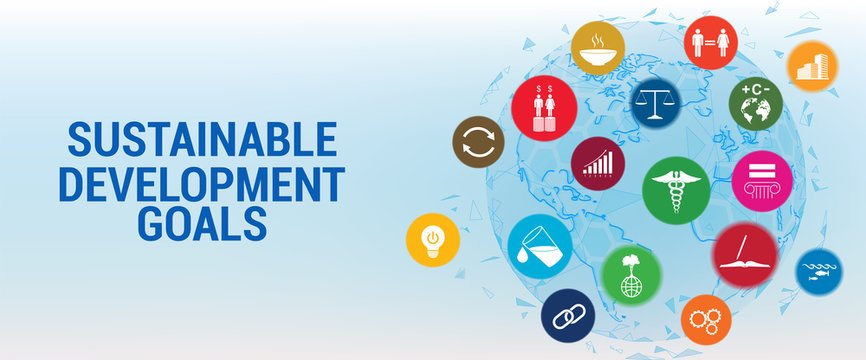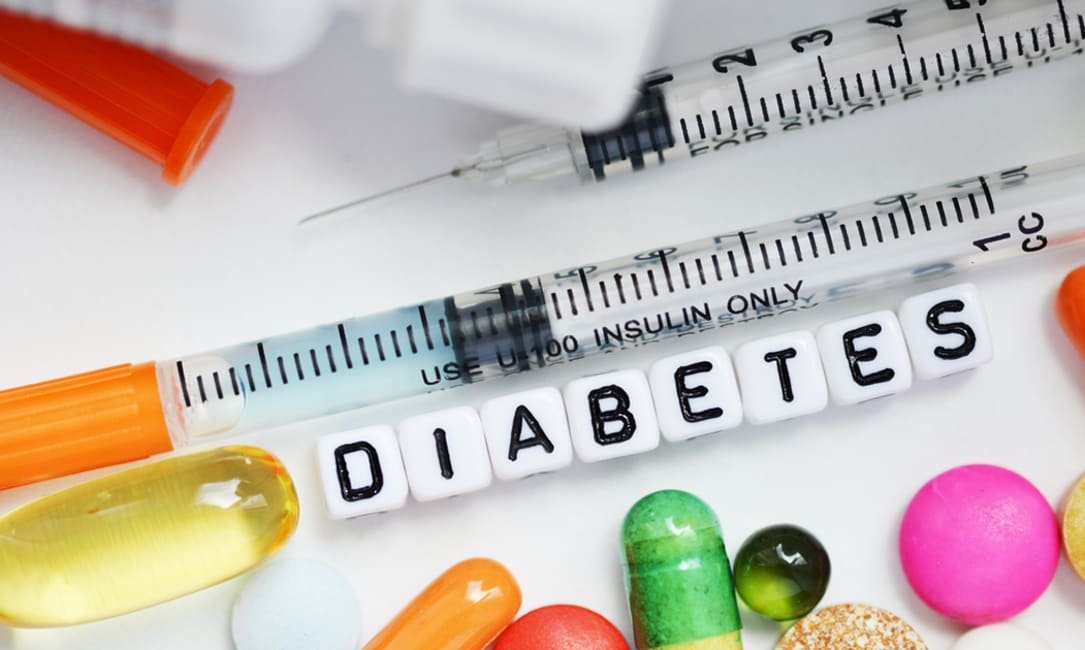The World Health Organization (WHO) says the number of people living with diabetes in Africa will likely rise to 54 million in 2045 unless urgent action is taken to mitigate it.
WHO Regional Director for Africa, Dr. Matshidiso Moeti, said this on Thursday, in her message to celebrate World Diabetes Day with the theme” Breaking Barriers, Bridging Gaps.”
According to Moeti, in Africa, more than 24 million adults are currently living with diabetes, half of whom remain undiagnosed.
“Against a background of rising diabetes prevalence in Africa, complicated by multiple drivers including urbanization, unhealthy diets, and physical inactivity, the theme appropriately emphasizes the imperative of a collaborative approach to this ‘silent killer’.”
“Without urgent interventions, predictions are that the number of people living with diabetes in the African Region will rise to 54 million by 2045, the highest projected increase globally,” she added.
WHO’s commitment to reducing diabetes risks
According to her, the underlying WHO commitment is to reduce risk and ensure that everyone diagnosed with diabetes has access to equitable, comprehensive, affordable, and quality treatment and care.
She said that diabetes, a chronic lifelong disease, leads to uncontrolled blood sugar levels because the body can no longer produce or use the insulin it produces efficiently.
Moeti said if left untreated, diabetes could lead to complications such as heart disease, stroke, nerve damage, kidney failure, lower-limb amputation, and eye disease that could result in blindness.
“This poses a significant dual health and economic burden, including catastrophic spending by individuals to control their disease,” she said.
Africa’s low investment in diabetes care
“Compounding the challenge is that Africa has the lowest investment rate in diabetes care worldwide, at only 1 percent of the region’s health expenditure,” Moeti pointed out.
She noted that health systems are also traditionally designed to deal with acute, infectious diseases, without sufficient attention paid to chronic diseases like diabetes.
According to her, managing diabetes requires a sustained effort to balance physical health activity, healthy diet, and mental well-being. “WHO in the African region is committed to holistic solutions, including proper nutrition, access to the requisite essential medicines, and mental health support.”
“Equally crucial are comprehensive prevention strategies to address risk factors including obesity, poor diet, and physical activity, combined with community engagement to ensure good support systems and reduced stigma,” she added.
Significant step forward in diabetes care
The director mentioned that one important step forward was African member States’ endorsement of WHO’s framework for the Implementation of the Global Diabetes Compact (GDC) in Africa during the Seventy-fourth session of the WHO Regional Committee for Africa in August.
“Focused specifically on the challenge of integrating diabetes care into broader health systems in a multi-sectoral approach, it provides a roadmap for countries to strengthen diabetes prevention, diagnosis, and care, especially at the primary health care level,” she said.
Call for collective action
“On this day, I urge individuals, communities, governments, health workers, policymakers, and civil society organisations to join hands and act now,” Moeti concluded.
She said: “For individuals, prioritise a healthy lifestyle, and if you’re already living with diabetes, have regular medical check-ups.”
According to her, communities can play their role by creating supportive environments that promote healthy living, reduce stigma, and provide access to affordable diabetes care and education.
“For governments, we commit our full support to your efforts to implement policies that enhance access to essential medicines, strengthen primary healthcare systems, and foreground investment in diabetes prevention and care.”
“Strengthening diabetes control in the African region demands that we address key gaps, including myths and misconceptions about diabetes, fragile primary health care systems, and insufficient capacity and training of health care workers,” Moeti said.
Moeti concluded, “Together, let us all commit to breaking down the barriers and addressing the gaps, by raising awareness, spreading knowledge, and creating lasting change for everyone in Africa affected by diabetes.”











